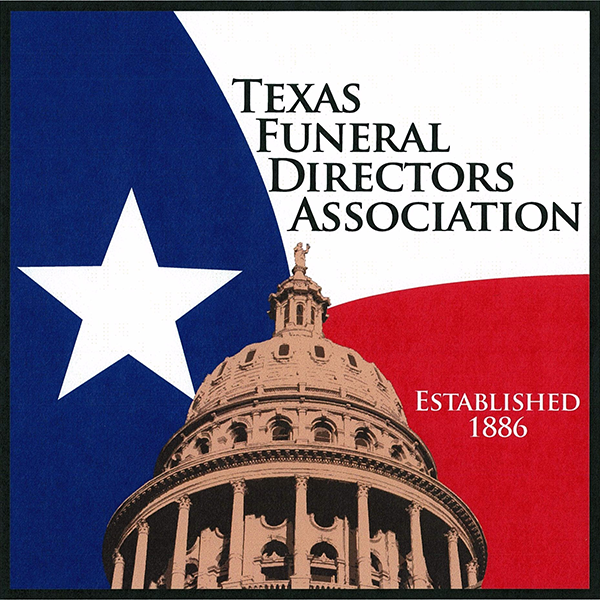- Home
- About
- Member Resources
- Career Center
- Events
- Consumers Resources
- Legislative
- Death Notices
Accounts & Safety Deposit BoxesBecause banks are subject to both state and federal regulations, procedures can vary greatly from bank to bank and state to state. Some states have been known to automatically freeze joint bank accounts when one of the joint owners dies. To avoid problems, contact your bank directly, to determine the amount of money accessible and learn the procedures for releasing these funds, and to establish a new account for funds received after the death. At least one joint checking or savings account should be left open for at least six months. This will allow you to deposit any checks that you are entitled to but are in the deceased's name. For instance, "Insurance Reimbursement Check". This check would be endorsed on the back as follows: "Deposit Only" with the deceased's name PRINTED underneath, followed by the bank account number.If after six months you want to take the deceased's name off the account, the bank will want to have a Certified Copy of the Death Certificate. A Certified Copy will also be necessary for any accounts that are left "In Trust For" someone. (I.T.F.). Your bank can advise you regarding IRA's or CD's (Certificates of Deposit). Both will need a Certified Copy of the Death Certificate before they are released.If the safety deposit box is in the sole ownership of the deceased. Banks will require a Certified Copy of the Death Certificate and Letters of Administration to gain access to the contents. On co-owned safety deposit boxes, the rules vary from state to state. Call your attorney or bank for their requirements. |
